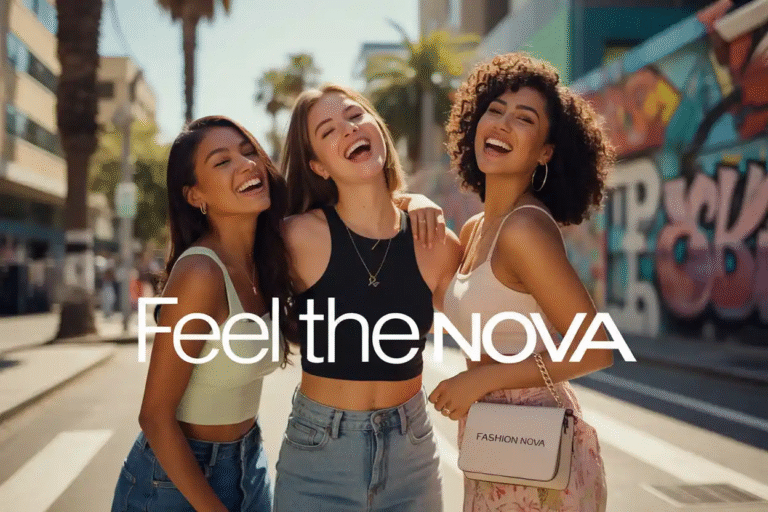
Mental Health Tattoos are more than just body art—they are symbols of courage, hope, and personal growth. Many people choose mental health tattoos to remind themselves of their journey through anxiety, depression, or other mental health struggles. Each design carries a story, whether it’s a semicolon, a butterfly, or a word that inspires strength. These tattoos are a form of self-expression and can serve as a daily reminder to keep moving forward, even on tough days. People also get these tattoos to honor loved ones who have faced mental health challenges, creating a sense of connection and understanding. Mental health tattoos are not just about aesthetics; they are about sending a message to the world and to yourself that mental health matters and that healing is possible.
These tattoos can be simple or elaborate, small or large, but their meaning remains deeply personal. For many, getting a mental health tattoo is a form of therapy—it can help them reclaim control over their body and their story. These designs often spark conversations, helping reduce the stigma around mental health issues and encouraging others to share their experiences. Mental health tattoos can remind you to practice self-care, stay resilient, and embrace your journey, no matter how challenging it may be. They also serve as visual affirmations of hope, strength, and self-love, making them a powerful tool for emotional and mental well-being. Whether it’s a first tattoo or another addition to a collection, mental health tattoos carry significance that goes far beyond their visual appeal.
The Meaning Behind Mental Health Tattoos
Mental health tattoos are powerful because of what they represent. Many people get tattoos to remind themselves that they are strong enough to overcome difficult moments. Common symbols include semicolons, hearts, butterflies, and lotus flowers. Each symbol has a deep meaning—like a semicolon represents continuing life despite struggles, while a butterfly shows transformation and growth. Mental health tattoos can also be words or short phrases that inspire hope, such as “stay strong” or “breathe.”
These tattoos allow people to honor their journey and show that mental health is important. They also act as a personal reminder to practice self-care, face challenges, and celebrate progress. Some people even get tattoos to remember loved ones who battled mental health issues, turning their pain into a meaningful story. Mental health tattoos are not just art—they are personal symbols of strength, healing, and hope.
Popular Mental Health Tattoo Designs and Symbols
There are many creative designs that people choose for mental health tattoos. Here are some popular options:
- Semicolon Tattoo: A symbol of hope and continuation in life.
- Butterflies: Represent transformation, growth, and new beginnings.
- Lotus Flowers: Signify rising above difficulties and finding beauty in life.
- Hearts or Words: Simple tattoos with inspiring messages like “stay strong” or “you are enough.”
- Puzzle Pieces or Ribbon Designs: Often used to show awareness of mental health challenges.
How Mental Health Tattoos Can Boost Your Confidence
Mental health tattoos can have a positive effect on your confidence. When you see your tattoo, it can remind you of the battles you have overcome and how strong you are. Tattoos can also give a sense of identity and self-expression. Wearing a mental health tattoo proudly shows that you care about mental well-being and are not afraid to share your story.
For some, tattoos can act as a coping tool. They serve as visual anchors during stressful or anxious moments. Every time you look at your tattoo, it can remind you to stay grounded and practice self-care. This simple daily reminder can make a huge difference in building resilience and confidence over time.
Choosing the Right Mental Health Tattoo for You
Choosing the perfect mental health tattoo is personal. Start by thinking about your journey and what symbols represent your experience. You can also consider quotes, words, or artwork that inspires hope. Size and placement matter too—some people prefer small tattoos on their wrist or finger, while others choose larger designs on their arm or back.
It’s important to work with a tattoo artist who understands your vision. Talk about your meaning and design ideas before getting inked. A thoughtful tattoo not only looks beautiful but also carries the message you want to share with yourself and others.
Stories of Inspiration: Real People and Their Mental Health Tattoos
Many people have shared how mental health tattoos changed their lives. Some say their tattoos help them cope with anxiety or depression. Others get tattoos to honor their recovery or remember loved ones who struggled. These stories show that tattoos are more than decoration—they are symbols of resilience, hope, and self-love.
For example, a woman who battled depression got a semicolon tattoo on her wrist. She says it reminds her every day to keep going and never give up. Another person chose a butterfly tattoo after overcoming a difficult time in life. These tattoos helped them reclaim their story and find strength in their journey.
Caring for Your Mental Health Tattoo and Yourself
Taking care of your mental health tattoo is important to make sure it heals properly. Follow your tattoo artist’s instructions carefully, keep the area clean, and avoid scratching or exposing it to direct sunlight. Beyond physical care, mental health tattoos encourage emotional care too. Use them as reminders to practice self-care, meditate, or talk about your feelings.
Remember, a tattoo is a lifelong symbol. Treat it with respect, just like you would treat your mental health. The more you nurture yourself, the stronger your connection with your tattoo’s meaning becomes.
Breaking Stigma Through Mental Health Tattoos
Mental health tattoos are powerful tools to break stigma. Many people are still afraid to talk about their struggles with anxiety, depression, or trauma. Wearing a mental health tattoo can open conversations and show that it is okay to ask for help. It can also encourage others to get support and speak up about their experiences.
These tattoos are a statement that mental health is important. By sharing your tattoo story, you can inspire empathy, understanding, and awareness in your community. Mental health tattoos are not just personal—they are social tools for positive change.
Creative Ways to Personalize Your Mental Health Tattoo
Personalization makes mental health tattoos unique. You can combine symbols, words, or colors that have special meaning to you. Some people add dates, names, or short quotes. Others mix multiple symbols, like a semicolon with a butterfly, to show transformation after struggle.
Think about what inspires you the most. Your tattoo should feel personal and comforting, not just stylish. A creative and meaningful tattoo can remind you every day of your strength, hope, and journey toward healing.
Conclusion
Mental health tattoos are powerful symbols of strength, hope, and personal growth. They remind you and others that mental health matters and that healing is possible. Whether it’s a semicolon, butterfly, or an inspiring word, these tattoos carry deep meaning and personal stories. They boost confidence, reduce stigma, and serve as daily reminders of self-care and resilience.
FAQs
Q1: What is the meaning of mental health tattoos?
Mental health tattoos symbolize hope, strength, and personal growth. They can represent recovery, resilience, and overcoming struggles.
Q2: Are mental health tattoos popular?
Yes, more people are getting tattoos to express their mental health journey and share their stories.
Q3: What are common designs for mental health tattoos?
Common designs include semicolons, butterflies, lotus flowers, hearts, words, and awareness ribbons.


